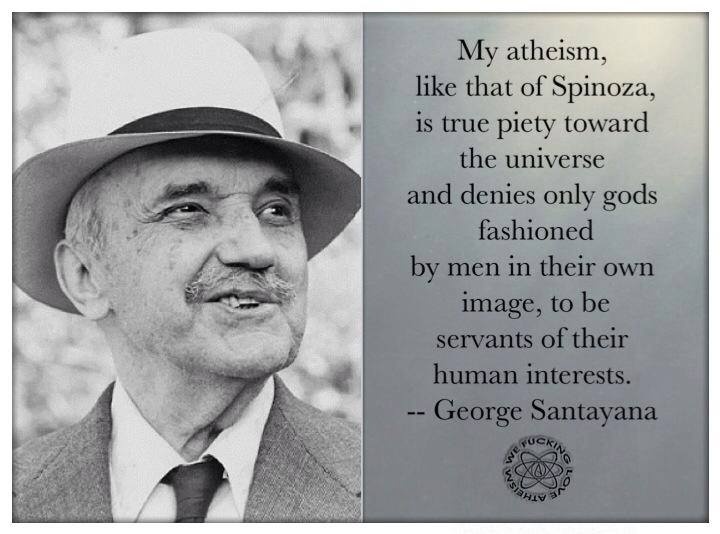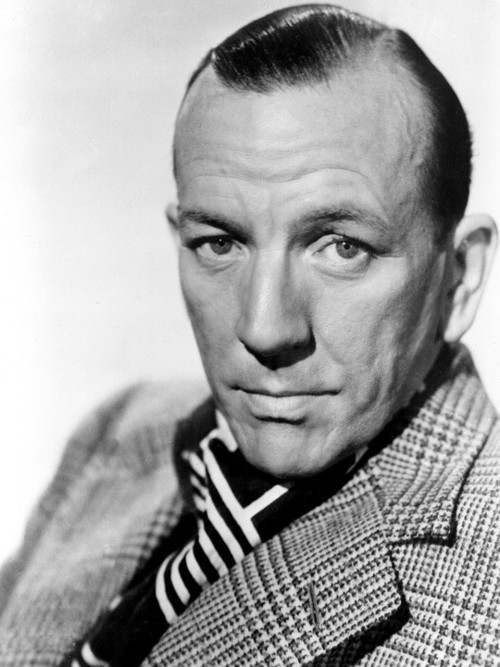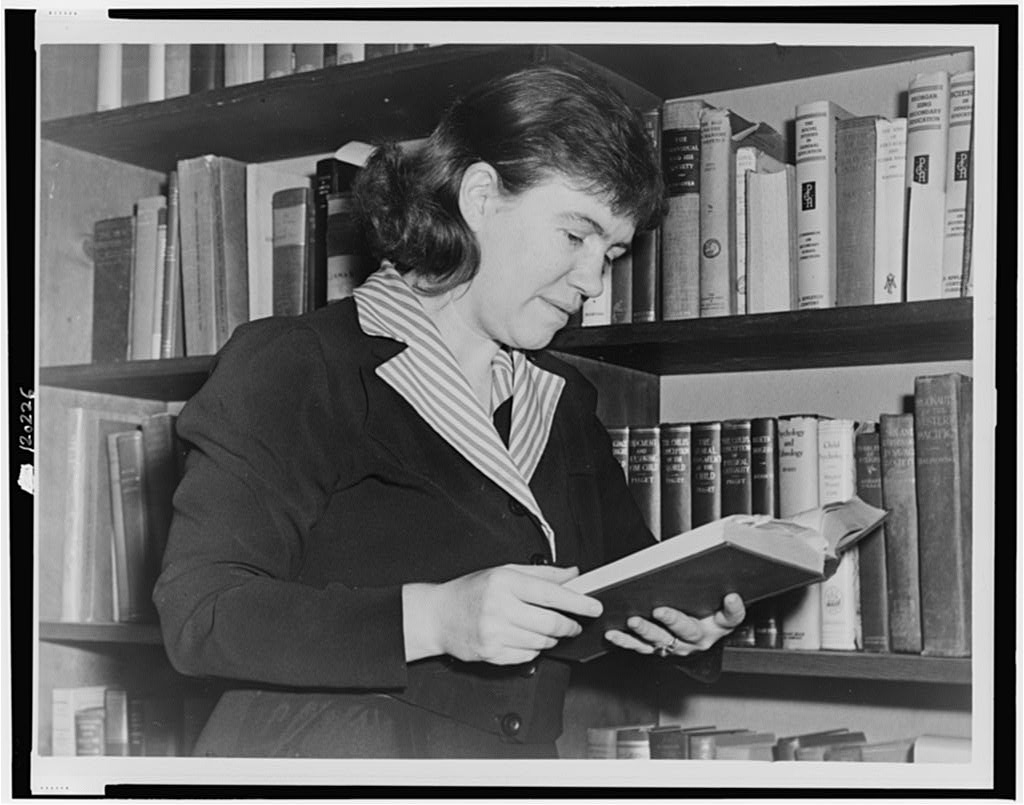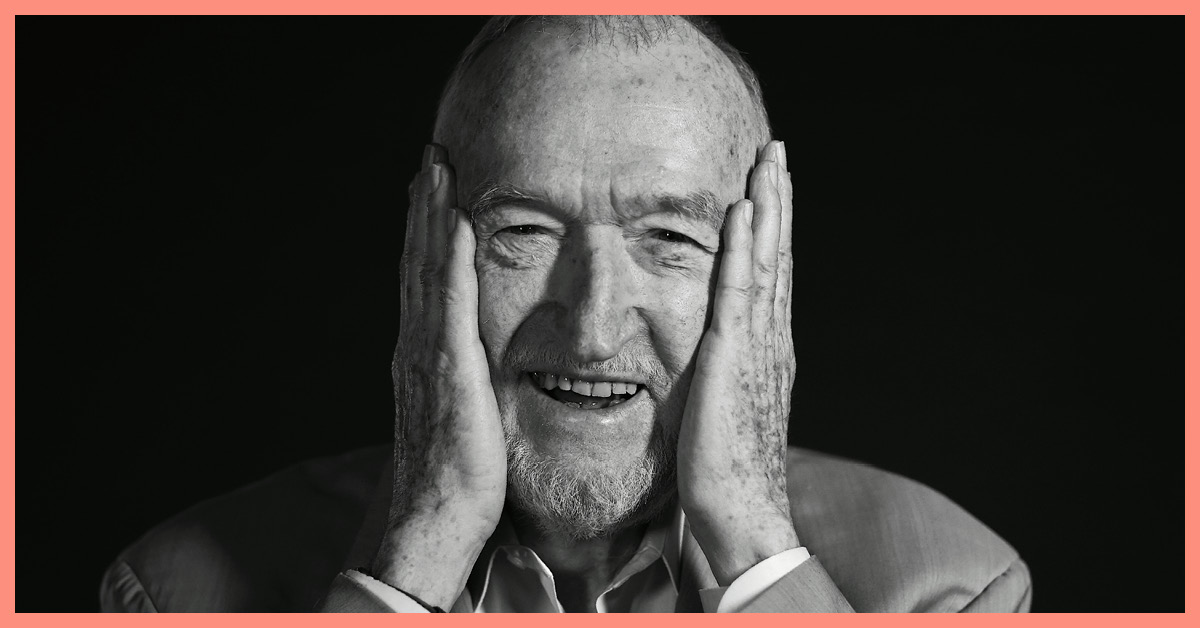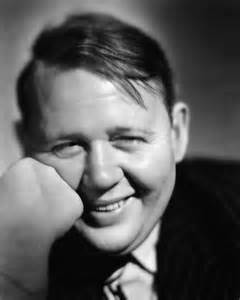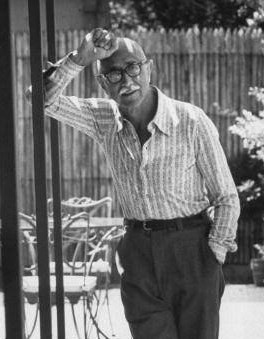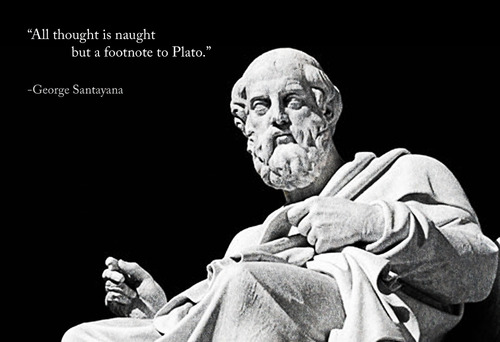December 16
GEORGE SANTAYANA, Spanish novelist, born (d: 1952); A philosopher, essayist, poet and novelist and a lifelong Spanish citizen, Santayana was raised and educated in the United States, wrote in English and is generally considered an American man of letters, even though, of his nearly 89 years, he spent only 39 in the U.S. He is perhaps best known as an aphorist, and for the oft-misquoted remark, "Those who cannot remember the past are condemned to repeat it," from Reason in Common Sense, the first volume of his The Life of Reason.
It is frequently said that Santayana’s The Last Puritan is the best novel ever written by a philosopher. It is also one of the saddest novels in literature for it relates the story of a painfully unrequited love that was Santayana’s own.
The Harvard philosopher spent almost his entire life in love with an unresponsive heterosexual who, at times, couldn’t even remember his name. And it is this lifelong love — for Bertrand Russell’s brother Frank — that is reflected in The Last Puritan. What a beauty Santayana was! What a sad story!
SIR NOËL PEIRCE COWARD, born (d 1973); Academy Award winning English actor, playwright, and composer of popular music. Well, really...why waste space in telling tales about Noel Coward, when every anecdote, every affair of the heart, every Coldstream Guard kissed, is mentioned in Cole Leslie’s biography of his multi-talented employer, Remembered Laughter? Only one thing is missing from this otherwise entertaining and informative (500 pages of small type) book. Since Sir Noel seems to have laid hands on anyone he wanted, didn’t he ever so much as touch his valet, Cole Lesley? Mr. Lesley is mysteriously silent on this point.
Since Oscar Wilde, there are few talents as breathtaking as Noel Coward and it is difficult to overstate his many accomplishments and futile in this space. He wrote more than 40 plays, among them, most famously, Private Lives, Blithe Spirit and Design For Living. He appeared in sixteen films, writing and directing In Which We Serve, a 1942 war film that tells the story of the British destroyer HMS Torrin, as told in flashbacks by the survivors as they cling to a life raft, which was given an honorary Academy Award for "his outstanding production achievement." It was also nominated for Oscars for Best Picture and Best Writing, Original Screenplay.
He was a valued friend of Vivien Leigh, Judy Garland, Princess Margaret and Queen Elizabeth the Queen Mother. He was a close friend of Ivor Novello and Winston Churchill. Coward's insights into the class system can be traced back to London life in World War I, when thousands of troops passed through the capital every day, and Gay officers and other ranks met civilians in dozens of highly secret clubs.
He enjoyed a 19-year relationship with Prince George, Duke of Kent and another lengthy one with the stage and film actor, Graham Payn, for almost 30 years until his death. Payn later co-edited with Sheridan Morely the collection of his diaries, published in 1982. He was also connected to composer Ned Rorem, with details of their relationship published in Rorem's diaries.
Coward refused to acknowledge his homosexuality, wryly stating, "There is still a woman in Paddington Square who wants to marry me, and I don't want to disappoint her." From his youth Coward had a stated distaste for penetrative sex and held the modern gay scene in disdain.
Coward was a neighbor in Jamaica of James Bond's creator Ian Fleming and his wife Anne, the former Lady Rothemere. Though he was very fond of both of them, the Flemings' marriage was not a happy one, and Noel eventually tired of their constant bickering, as recorded in his diaries. When the first film adaptation of a James Bond novel, Dr. No was being produced, Coward was approached for the role of the villain. He is said to have responded, "Doctor No? No. No. No."
When speaking to Peter O’Toole about his performance in Lawrence of Arabia, he said "If you'd been any prettier, it would have been 'Florence of Arabia'."
When someone pointed out a rising young actor at a party with the words "Keir Dullea" Coward's instant reply was "Gone tomorrow."
MARGARET MEAD, was an American cultural anthropologist, born on this date (d: 1978) who featured frequently as an author and speaker in the mass media during the 1960s and the 1970s.
She earned her bachelor's degree at Barnard College of Columbia University and her M.A. and Ph.D. degrees from Columbia. Mead served as president of the American Association for the Advancement of Science in 1975.
Mead was a communicator of anthropology in modern American and Western culture and was often controversial as an academic. Her reports detailing the attitudes towards sex in South Pacific and Southeast Asian traditional cultures influenced the 1960s sexual revolution. She was a proponent of broadening sexual conventions within the context of Western cultural traditions.
Mead was married three times. After a six-year engagement, she married her first husband (1923–1928), Luther Cressman, an American theology student who later became an anthropologist. Before departing for Samoa in 1925, Mead had a short affair with the linguist Edward Sapir, a close friend of her instructor Ruth Benedict. However, Sapir's conservative stances about marriage and women's roles were unacceptable to Mead, and as Mead left to do field work in Samoa, they separated permanently. Mead received news of Sapir's remarriage while she was living in Samoa. There, she later burned their correspondence on a beach. Between 1925 and 1926, she was in Samoa from where on the return boat she met Reo Fortune, a New Zealander headed to Cambridge, England, to study psychology. They were married in 1928, after Mead's divorce from Cressman. Mead dismissively characterized her union with her first husband as "my student marriage" in her 1972 autobiography Blackberry Winter, a sobriquet with which Cressman took vigorous issue. Mead's third and longest-lasting marriage (1936–1950) was to the British anthropologist Gregory Bateson with whom she had a daughter, Mary Catherine Bateson, who would also become an anthropologist. She readily acknowledged that Bateson was the husband she loved the most. She was devastated when he left her and remained his loving friend ever afterward. She kept his photograph by her bedside wherever she traveled, including beside her hospital deathbed.
Mead also had an exceptionally-close relationship with Ruth Benedict, one of her instructors. In her memoir about her parents, With a Daughter's Eye, Mary Catherine Bateson strongly implies that the relationship between Benedict and Mead was partly sexual. Mead never openly identified herself as lesbian or bisexual. In her writings, she proposed that it is to be expected that an individual's sexual orientation may evolve throughout life.
She spent her last years in a close personal and professional collaboration with the anthropologist Rhoda Metraux with whom she lived from 1955 until her death in 1978. Letters between the two published in 2006 with the permission of Mead's daughter clearly express a romantic relationship.
GERALD BUSBY is an American composer born on this date. He was born in Tyler, Texas and studied piano as a child, playing with the Houston Symphony when he was fifteen. He attended Yale where he studied music in college, but once graduated, began working as a traveling salesman. At age 40 he had an "epiphany" and began to compose, a direction which surprised him.
In 1977, with the assistance of Virgil Thomson, he moved to the Hotel Chelsea in New York City where he has written most of his work. Living at the Hotel Chelsea brought him into contact with numerous cultural figures. One of them was dancer Rudolf Nureyev and his then-partner Wallace Potts. Potts gave Paul Taylor a recording by Busby's music, which led to Busby writing the score for Taylor's dance Runes. Regarding his scores for Paul Taylor's dance "Runes" and Robert Altman's film 3 Women, Busby said "Those two pieces are acknowledged as masterpieces, so that I know they’ll last beyond me,” Mr. Busby said. “Not because what I did was a masterpiece, but I was part of it."
In 1985 Busby was diagnosed with HIV as was his partner Samuel Byers. Byers died on December 14, 1993; the couple had been together for 18 years. "Sam’s death was just unbearable...He lost his mind and withered away. I was there the whole time with him and taking care of him, so I just went nuts." After a bout of depression and drug addiction, he became sober and began composing again. In 2007, his monthly income amounted to $658 from Social Security, $78 in disability payments, and $156 in food stamps. Income from his music was undependable; in a good month he could get $1000, or nothing. The New York Times ran him as one of their "most neediest cases." Through the Federation of Protestant Welfare Agencies, Busby was able to receive $754.96 for digitizing recordings originally made on perishable cassette tape.
Despite being HIV positive, he claims that his immune system has regenerated, something he attributes to his daily practice of reiki. He continues to live at the Hotel Chelsea.
CHARLES LAUGHTON, English actor, died (b. 1899); Academy Award winning English stage and film actor best known for his historical roles in films, he started his career as a remarkable stage actor. He had a long and resilient marriage to actress Elsa Lanchester, although, in her autobiography, Lanchester revealed that Laughton was homosexual. According to her own account, she was shocked to learn about this, but eventually decided to remain married to him. However, she claims as a result of this, she decided not to have children with him.
The decision caused him great grief, as he longed to become a father, as many friends of Laughton, among them Maureen O'Hara and Stanley Cortez, have stated. In her autobiographical book, Lanchester relates a story regarding the police approaching Laughton at the door of their London flat, with a young boy whom Laughton had approached in Hyde Park. When Laughton confessed, Lanchester told him not to worry about it, that it didn't matter. "That's why he cried . . . when I told him it didn't matter."
JUDD MARMOR, who died on this day (b: 1910) was an American psychoanalyst and psychiatrist known for his role in removing homosexuality from the American Psychiatric Association's Diagnostic and Statistical Manual of Mental Disorders.
Marmor was born in London on May 2, 1910. In 1912, he emigrated with his family moved to Chicago, Illinois. Marmor attended Columbia University for his undergraduate and medical degrees, graduating with a Bachelor's of Arts in 1930 and a Doctor of Medicine in 1933. Marmor also studied at the New York Psychoanalytic Institute. Marmor moved to Los Angeles in 1946, after serving in the Navy during World War II.
In the early 1960s, Marmor supported the then-controversial opinion that homosexuality was a type of sexual behavior, not a deviation or disorder. He also opposed the prevailing opinion that homosexuality was caused from a dysfunctional upbringing. Marmor's stance on homosexuality was particularly influential because Marmor was a widely respected and mainstream psychoanalyst; not a peripheral figure like most others speaking to the issue. In the mid-1960s, Marmor and Evelyn Hooker began collaborating on depathologizing homosexuality. Hooker contributed a chapter to Marmor's 1965 book Sexual Inversion: The Multiple Roots of Homosexuality and recruited him for a task force on homosexuality sponsored by the National Institute of Mental Health. Marmor continued to support his position that homosexuality did not meet the criteria applied for a mental illness while serving as the vice president of the American Psychiatric Association. In 1974, the members of the American Psychiatric Association voted to remove homosexuality from the Diagnostic and Statistical Manual of Mental Disorders, a move that was critical in the advancement of gay rights. Later that year, Marmor was elected president of the American Psychiatric Association.
Marmor also influenced the movement in psychiatry away from pure psychoanalysis and towards shorter-term psychotherapy
Marmor operated a private psychiatry practice in Los Angeles, where he was popular among the Hollywood elite. He continued to practice until his death in 2003.
Marmor served as director of psychiatry at Cedars-Sinai Medical Center from 1965 to 1972. He was the Franz Alexander Professor of Psychiatry at the University of Southern California from 1972 to 1980, and an adjunct professor of psychiatry at the University of California, Los Angeles from 1980 to 1985. In addition to serving as president of the American Psychiatric Association, Marmor was also at times president of the American Academy of Psychoanalysis, the Group for the Advancement of Psychiatry, and the Southern California Psychoanalytic Society and Institute.
Marmor was a prolific author, writing over 350 scientific papers and writing or editing eight books. He was also an essayist who wrote on topics including civil rights and politics, publishing essays opposing McCarthyism, the nuclear bomb, and the Vietnam War.
Marmor was married to Katherine Marmor until her death in 1999. They had one son, Michael.
The Wisdom of George Santayana
- Those who do not remember the past are condemned to repeat it.
- To be interested in the changing seasons is a happier state of mind than to be hopelessly in love with spring.
- Never build your emotional life on the weaknesses of others.
- History is a pack of lies about events that never happened told by people who weren't there.
- Friends are generally of the same sex, for when men and women agree, it is only in the conclusions; their reasons are always different.
- Tyrants are seldom free; the cares and the instruments of their tyranny enslave them.
- The Difficult is that which can be done immediately; the Impossible that which takes a little longer.
- Prayer, among sane people, has never superseded practical efforts to secure the desired end.
Subscribe to Gay Wisdom
Would you like to have Today in Gay History (aka Gay Wisdom) sent to you daily?

